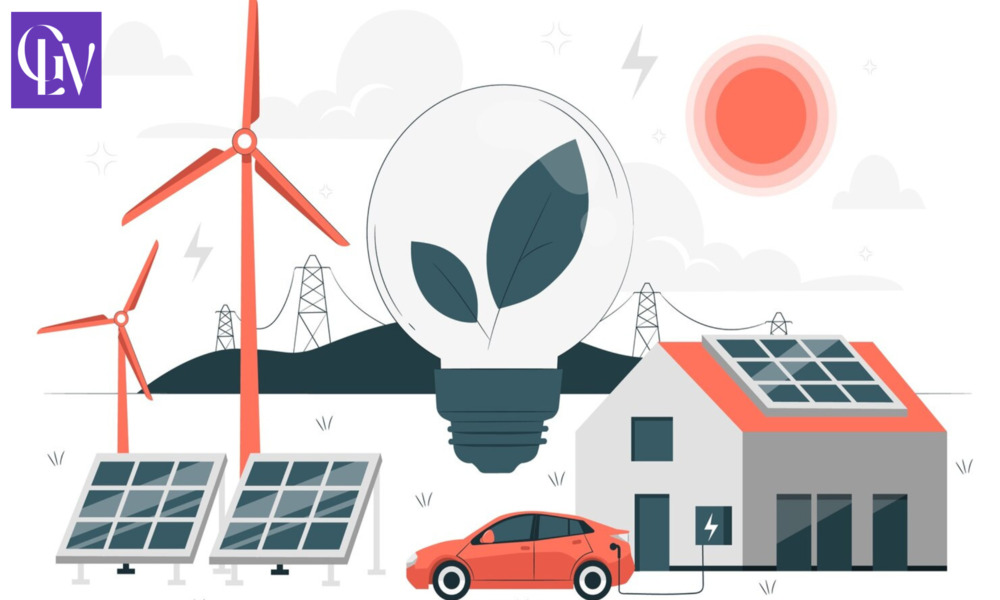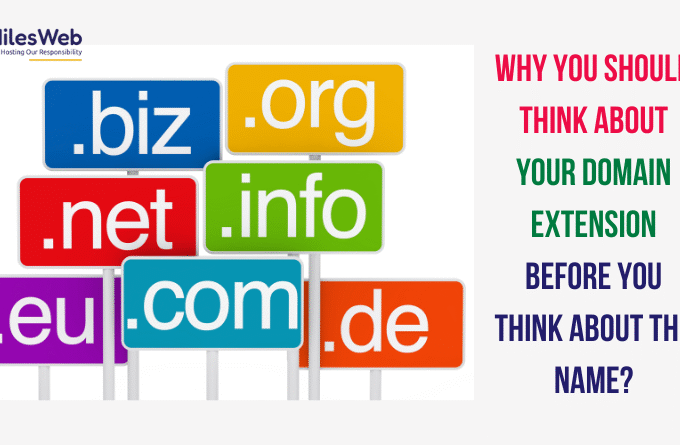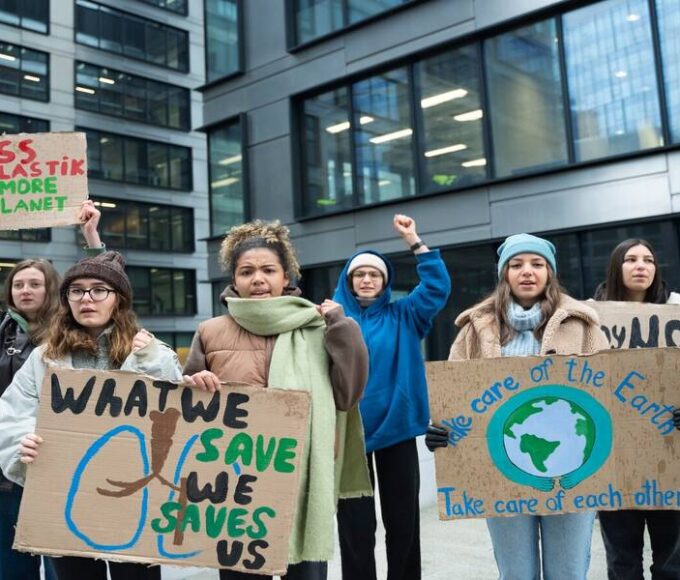Germany’s ‘Energiewende’ Initiative: A Vision for a Sustainable Future

Germany’s ambitious energy transition, known as the Energiewende, aims to shift the country’s energy system from fossil fuels to renewable energy sources. Launched in the early 2000s, this initiative seeks to reduce greenhouse gas emissions, promote energy efficiency, and ensure a sustainable, low-carbon future for Germany. As one of the world’s leading industrialized nations, Germany’s approach to energy transformation has not only influenced its own policies but has also become a model for other countries looking to reduce their environmental impact.
The Energiewende is one of the most comprehensive energy policies in the world, with sweeping changes in energy production, infrastructure, and consumption. At its core, the initiative seeks to achieve a balanced energy mix by reducing reliance on coal and nuclear power while increasing the use of renewable energy sources, such as wind, solar, and hydroelectric power.
- The Path to Renewable Energy
One of the primary goals of the Energiewende is to drastically increase the share of renewable energy in Germany’s electricity generation. The country’s renewable energy capacity has seen significant growth, with wind and solar energy leading the charge. As of recent reports, Germany has consistently been a global leader in the installation of renewable energy infrastructure.
Germany aims to achieve a 65% share of renewable energy in its electricity mix by 2030, with plans to phase out coal by 2038. This shift will involve substantial investment in renewable energy technologies, such as wind farms, solar panels, and energy storage systems, as well as grid modernization to accommodate the decentralized generation of electricity.
- The Role of Energy Efficiency
In addition to expanding renewable energy sources, the Energiewende places a significant emphasis on improving energy efficiency. The initiative calls for reducing energy consumption across sectors, from residential homes to industrial operations. By improving insulation, encouraging energy-efficient appliances, and implementing stricter building codes, Germany aims to cut down on energy use while maintaining a high standard of living and economic productivity.
The goal of energy efficiency is not only to reduce emissions but also to lower costs for consumers and businesses by reducing their energy consumption. This dual approach of reducing demand while expanding clean energy supply is central to the long-term success of the Energiewende.
- Phasing Out Nuclear Power
Another critical element of the Energiewende is Germany’s commitment to phasing out nuclear power. Following the 2011 Fukushima disaster in Japan, Germany decided to accelerate its nuclear exit. The country plans to close all of its nuclear power plants by 2022, a move that reflects both safety concerns and a desire to reduce reliance on non-renewable energy sources.
The nuclear phase-out presents significant challenges, particularly as Germany seeks to replace the energy once generated by its nuclear plants with renewable sources. It also requires modernizing energy grids and investing in alternative energy storage technologies to ensure a stable and reliable power supply during the transition.
- Grid Modernization and Storage Solutions
A major challenge for the Energiewende is the integration of renewable energy into the existing grid. Unlike traditional fossil fuels, renewable energy sources like wind and solar are intermittent and depend on weather conditions. Therefore, Germany has focused on modernizing its energy infrastructure to accommodate these fluctuations and ensure a consistent power supply.
Grid modernization involves not only upgrading existing transmission lines but also developing advanced energy storage technologies. These innovations allow for the storage of surplus energy generated during periods of high production, such as sunny or windy days, and its distribution during times of low production.
Energy storage systems, including large-scale batteries and pumped hydro storage, will play a key role in making renewable energy more reliable and ensuring that demand is met at all times.
- Economic and Social Impacts
The Energiewende is expected to have significant economic and social impacts. The transition to renewable energy has created thousands of jobs in the green energy sector, from wind turbine manufacturing to solar panel installation. At the same time, Germany’s commitment to reducing emissions has spurred innovation in clean energy technologies, positioning the country as a leader in the global renewable energy market.
However, the transition is not without challenges. The closing of coal-fired power plants, for example, has raised concerns about job losses in coal-dependent regions, particularly in eastern Germany. The government has introduced programs to retrain workers and stimulate local economies in affected areas, but the social and economic consequences of the energy transition remain an ongoing concern.
- International Cooperation and Leadership
Germany’s Energiewende is also a key component of its broader climate policy and international leadership on environmental issues. The country has committed to achieving a reduction of at least 55% in greenhouse gas emissions by 2030 compared to 1990 levels, in line with the European Union’s climate goals.
Germany has played a prominent role in the European Union’s efforts to combat climate change and has been instrumental in shaping international agreements such as the Paris Climate Agreement. The Energiewende provides a practical example of how a major industrialized nation can transition to a low-carbon economy, and it serves as a model for other countries looking to adopt similar policies.
- Challenges and Future Outlook
While Germany’s Energiewende has seen considerable success, challenges remain. One of the main hurdles is the pace of the transition. The country’s ambitious goals are often complicated by factors such as the need for further investment in infrastructure, balancing economic growth with environmental goals, and overcoming public resistance to the changes required.
Despite these challenges, the Energiewende remains a cornerstone of Germany’s energy and climate strategy. The country is committed to continuing its journey toward a fully sustainable energy system and hopes to inspire other nations to take bold action in addressing climate change.
Global Leaders View
Germany’s Energiewende initiative is a bold and ambitious attempt to reshape the nation’s energy landscape. While challenges remain, the country’s commitment to renewable energy, energy efficiency, and decarbonization serves as an example of what is possible when governments, businesses, and citizens unite in pursuit of a common goal. The Energiewende will continue to evolve, and its successes and lessons will likely have a profound impact on global efforts to combat climate change and transition to a more sustainable future.
Visit Latest Interviews
Recent Posts
Related Articles
Why You Should Think About Your Domain Extension Before You Think About The Name?
Think of your domain extension like a surname—it wraps up your web...
ByGlobal Leaders ViewAugust 19, 2025Global Platform on Sustainable Cities Established
In a groundbreaking move toward addressing the challenges of urbanization and climate...
ByGlobal Leaders ViewJanuary 27, 2025Singapore’s Green Urbanism Initiatives
Singapore, known for its modern skyline and bustling urban environment, is also...
ByGlobal Leaders ViewJanuary 27, 2025Copenhagen’s Commitment to Carbon Neutrality
Copenhagen, the capital of Denmark, has set ambitious goals to become the...
ByGlobal Leaders ViewJanuary 27, 2025















Leave a comment